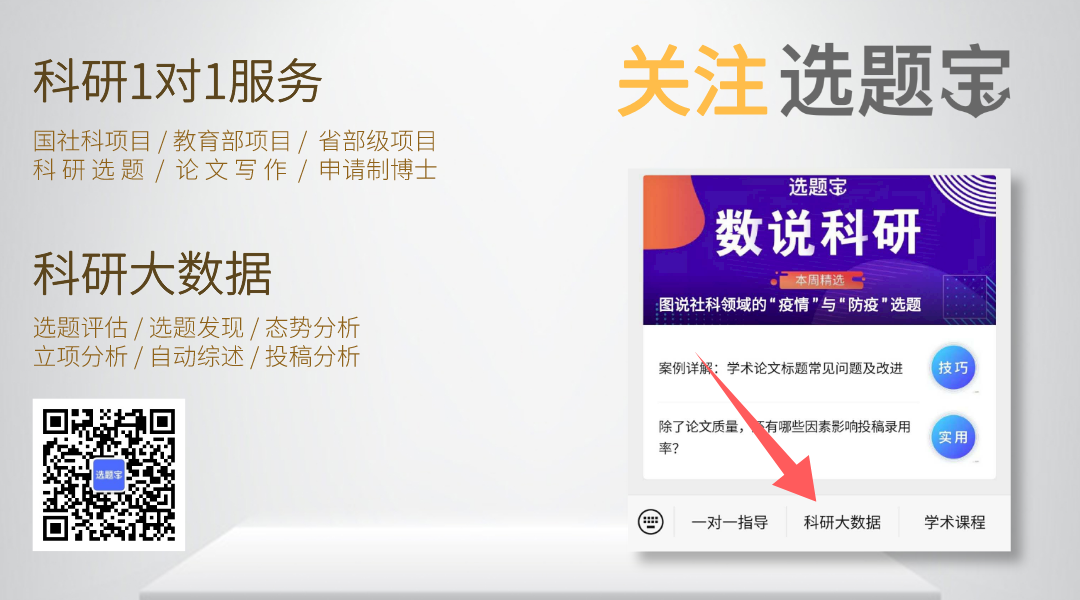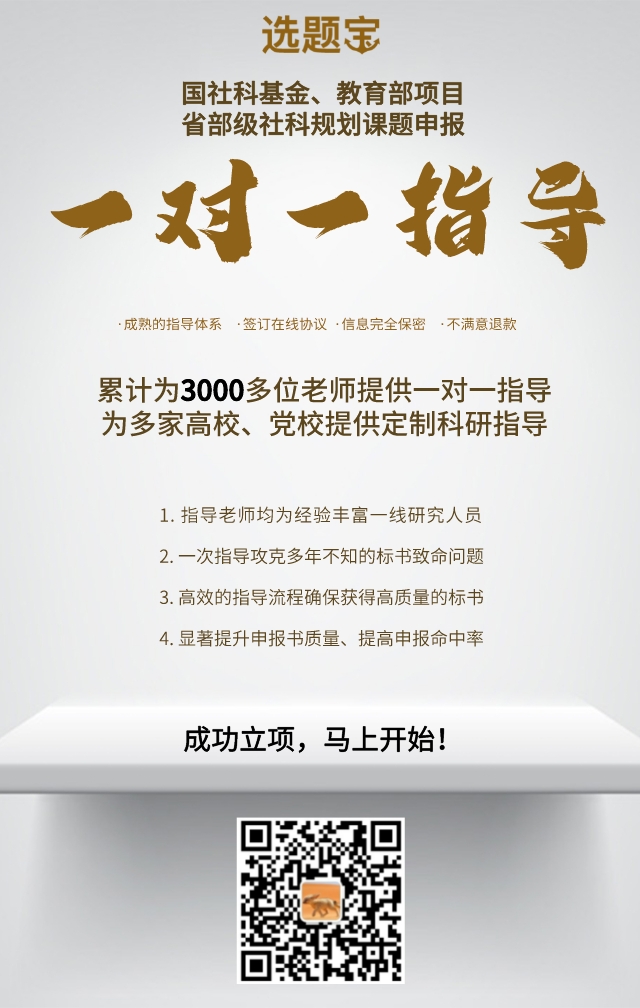SSCI《Human Resource Management》征稿: 人力资源管理与社会凝聚力
2025年03月19日
截止日期:2025/04/30 23:59
征稿期刊
Human Resource Management
期刊级别
SSCI (JCR 2023)
IF 6.0
Q1 (MANAGEMENT 63/407)
Q1 (PSYCHOLOGY, APPLIED 11/113)
征稿主题
The Ripple Effect: HRM and Social Cohesion Beyond the Workplace
细分领域
The Conceptualization and Operationalization of Social Cohesion in HRM Scholarship
What are the key areas where HRM, as both a scholarly discipline and a field of practice, can impact social inclusion?
How could social cohesion be conceptualized and measured in the context of HRM?
How can the impact of HR practices on social cohesion outside of organizational boundaries be measured in quantitative and/or qualitative studies? What are the best practices for measuring the external social impact of HRM and DEI initiatives on community cohesion?
What innovative methodologies could be used to assess the impact of HRM on social cohesion (e.g. co-creation of research with community, indigenous research methods, action research)?
What areas of HRM activity represent the highest potential for impact in advancing social cohesion (e.g. recruitment, training, volunteerism, mentoring, outreach initiatives, etc), and how?
Impact of DEI and HRM Initiatives on Social Cohesion Outside the Workplace
Can HRM initiatives designed to support DEI within organizations also play a role in fostering unity and reducing divisions outside of the workplace? What are the opportunities for impact?
How can DEI initiatives within organizations influence the reduction of societal polarization more broadly?
How can HRM ensure equitable engagement and access to opportunities for underrepresented groups in a way that reduces societal divides?
What is the role and opportunity for HRM to support depolarization of attitudes around political, socio-economic, ethnic, religious and many other divides?
How do DEI initiatives (e.g., inclusive behavior training; flexible work arrangements) enhance the quality of social relations outside the workplace?
How effective are internal HR strategies in combating polarization and discrimination outside organizational contexts?
To what extent do organizational HR policies contribute to or mitigate systemic inequalities within the wider society?
How can employee engagement initiatives be structured to not only support DEI within organizations but also promote social cohesion externally?
What is the relationship between CSR initiatives, DEI efforts, and the promotion of social cohesion outside the organization?
What is the adverse effect of the HRM and DEI activities on social cohesion outside the workplace? Can badly implemented practices lead to further societal polarization?
What are the unintended consequences of the HRM and DEI activities on social cohesion outside the workplace?
What is the alignment between the corporation’s internal actions and its public-facing agenda regarding social impact?
How do the internal HRM and DEI practices, especially those undermining human rights and social cohesion, contrast with the publicly stated values and commitments to advancing positive societal outcomes?Technological Transformation in HRM and the Impact on Social Cohesion Outside the Workplace
In what ways does technology (e.g., generative AI, social media) facilitate or hinder the extension of HRM efforts from organizations to the broader community?
In what ways can technological advancements used by organizations facilitate (de-) polarization in the wider community?
How has the shift towards remote work impacted organizational contributions to social cohesion in the communities where they operate?
Does technological innovation and flexible working arrangement facilitate or hinder social cohesion (e.g. access to meaningful employment and opportunities for all)?
Cross-Sector and Cross-Industry Collaborations in HRM and Implications for Social Cohesion
How can cross-industry collaboration enhance HRM efforts and contribute to social cohesion in the broader community? What are the best practices in this domain?
What is the role of cross-sector partnerships in advancing social cohesion? What are the best practices in this domain?
What is the role of external stakeholders, such as government and unions, in advancing social cohesion? How do they improve or hinder social cohesion through organizational practices?
What are the public policy constraints of HRM's impact outside the organization?
How can HR managers work with policy makers on initiatives that advance social cohesion efforts locally and globally?
Seeing the abundance of resources and reputational assets, how can multinational corporations (MNCs) lead global efforts in advancing social cohesion?
What are the unique opportunities and challenges in advancing social cohesion for small and medium organizations?
How does the wider societal context impact the implementation of HRM and DEI initiatives with a focus on advancing social cohesion outside the workplace?
重要时间
Submission Deadline: 30 April 2025


推荐内容
- 东亚视阈中的俗文学研究学术研讨会暨中国俗文学学会2024年年会
- 泸州市社会科学界联合会、泸州市社会发展与文化建设研究中心2020年课题申报通知
- SSCI《European Journal of Innovation Management》征稿: 数字化转型、人工智能与创新
- 《经济管理学刊》征稿启事
- “十五五”残疾人事业发展规划前期研究重点课题暨2024年度中国残联课题指南公告
- “面向人工智能赋能教育及数字技能人才培养的大学计算机课程改革项目”申报通知
- 2025年度上海党史专项课题招标公告
- 泸州市社会科学界联合会 泸州市社会发展与文化建设研究中心 2021年课题申报通知
- 第13届演化语言学国际研讨会
- 2023年度河南省体育课题研究项目申报通知



